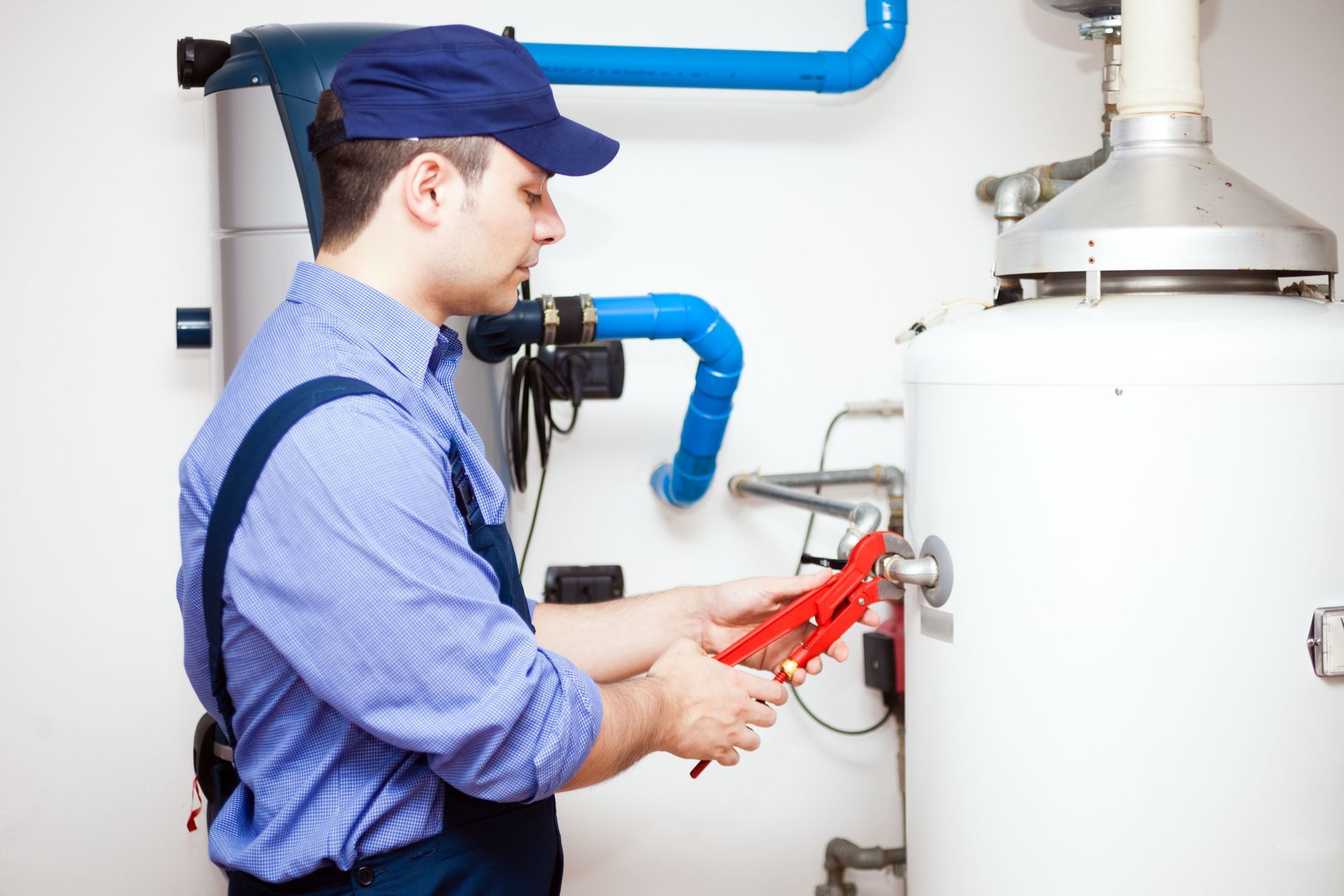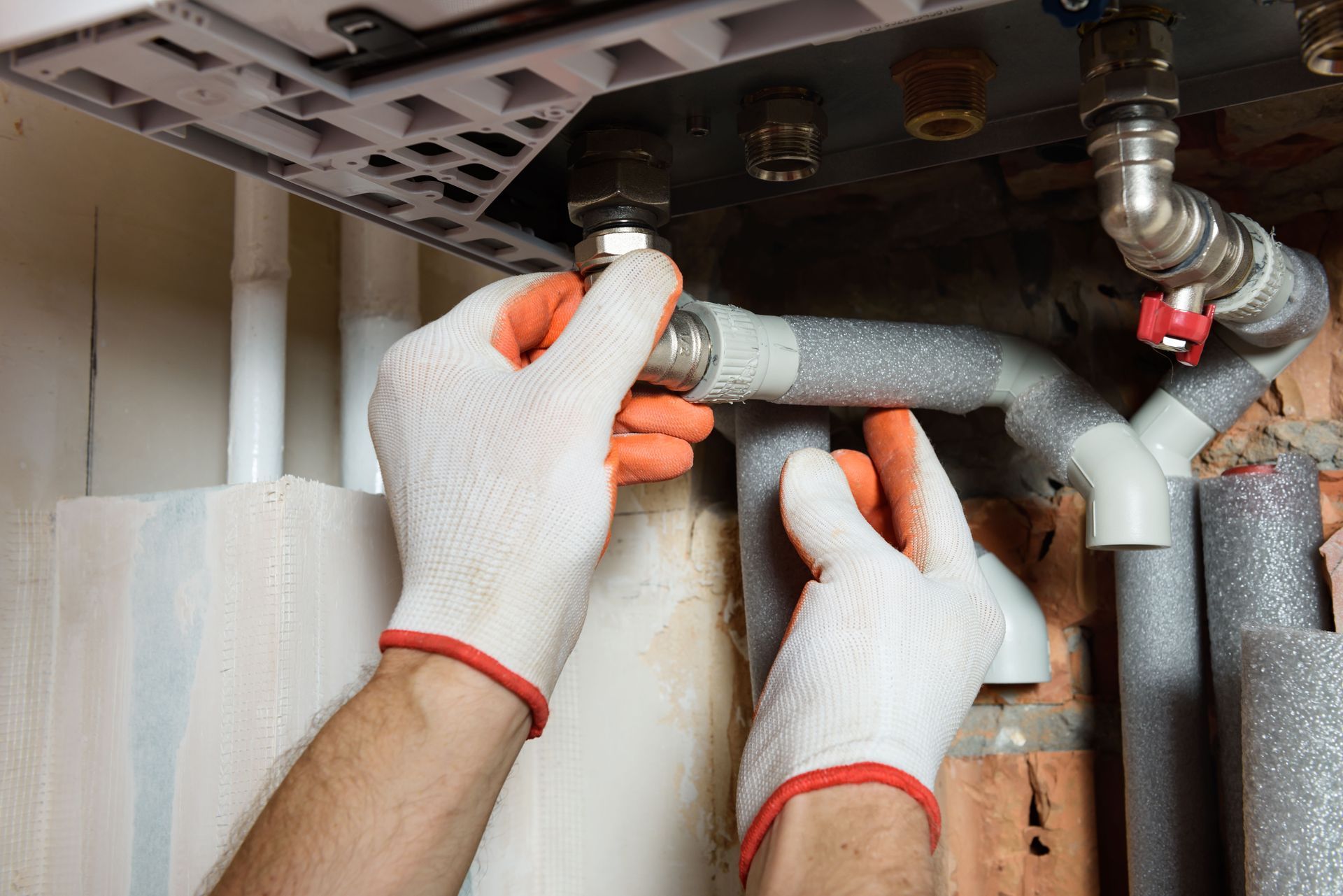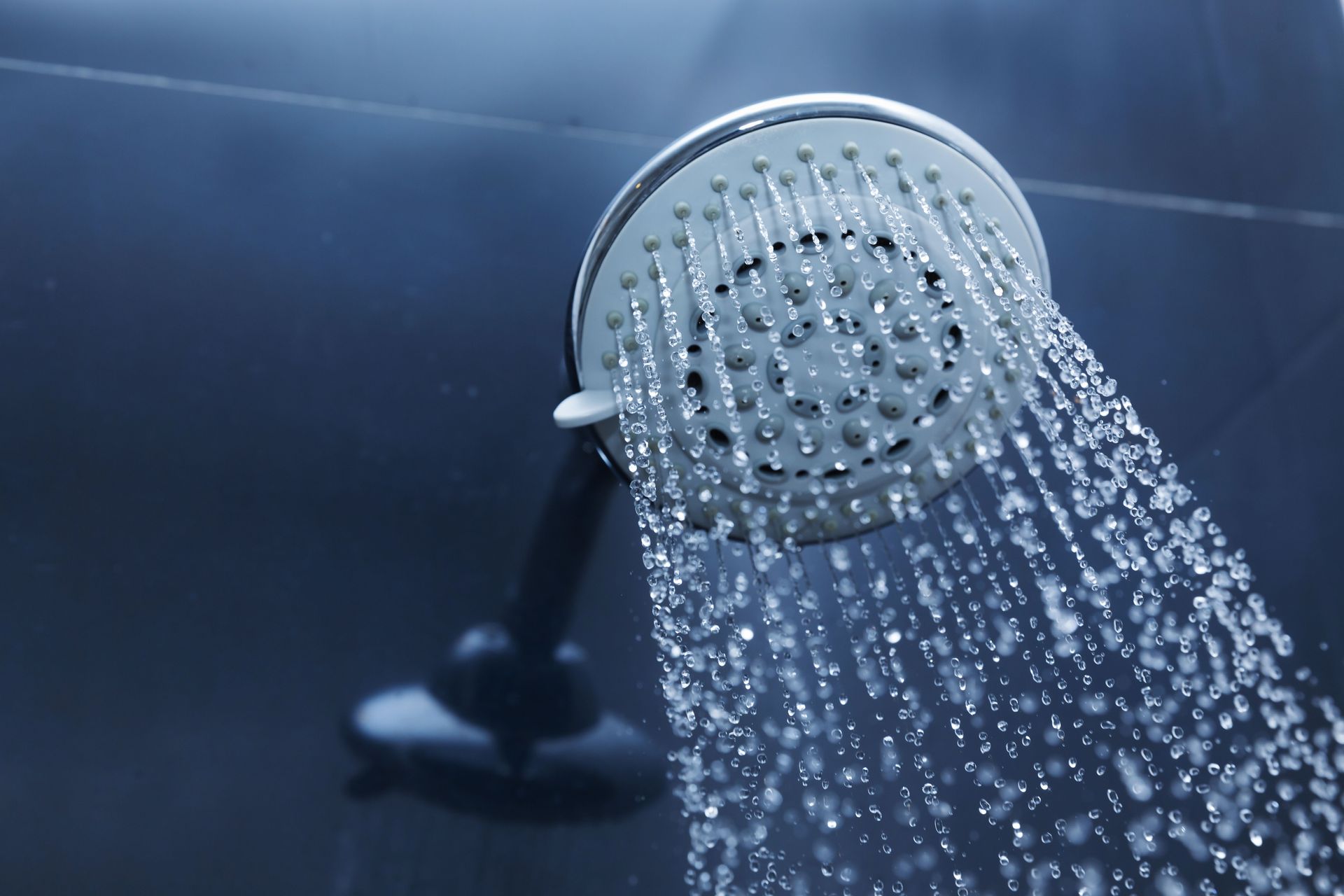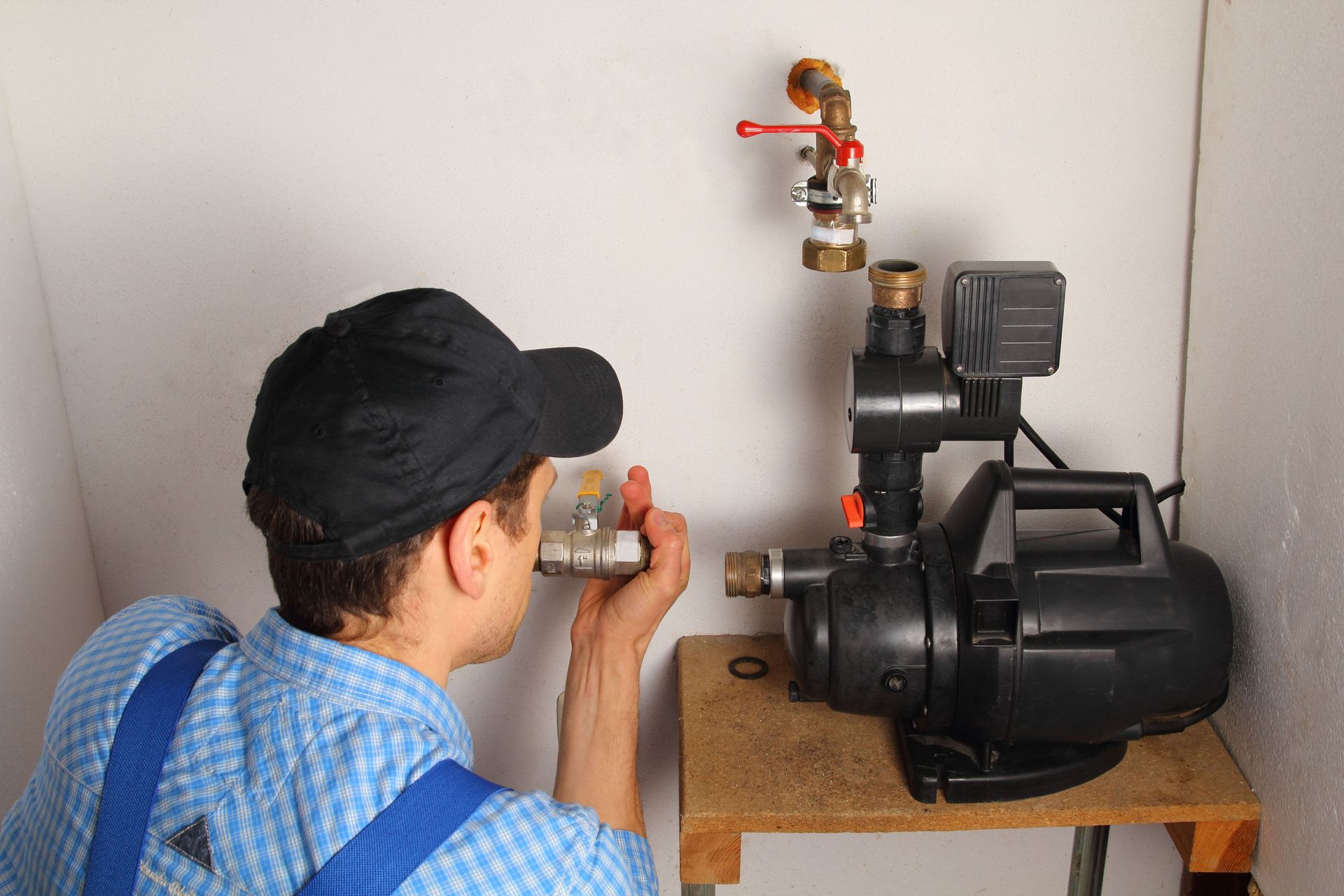How a New Water Heater Installation Can Save You Money on Energy Bills
For many households, hot water is a daily necessity, but an outdated or inefficient water heater can quietly drive up monthly energy costs. As utility prices continue to rise, homeowners are increasingly looking for smart ways to reduce their energy consumption. One of the most effective upgrades available is a new water heater install service. From enhanced efficiency to modern features, newer units can help lower monthly bills while maintaining a steady supply of hot water. When installed by professionals, a new system becomes an investment that pays off through savings and reliable performance.
Improved Energy Efficiency With Modern Units
Newer water heaters are designed with energy efficiency in mind, offering significant improvements over older models. In our experience, many outdated tanks operate around 60% efficiency, meaning nearly half of the energy consumed is lost during the heating process. Modern systems, however, can reach efficiency ratings of 90% or higher, depending on the model and fuel source. These improvements translate directly to energy savings, making a water heater install a cost-effective choice in the long run.
High-efficiency units often include features like better insulation, smarter temperature control, and improved heat exchangers. These design enhancements reduce the amount of energy required to heat water and help maintain the desired temperature for longer periods. Homeowners benefit not only from consistent performance but also from reduced utility bills. Over time, the difference in energy usage becomes substantial, especially in homes with frequent hot water demand.
In colder regions, these savings are even more noticeable. Older models struggle to maintain consistent performance when ambient temperatures drop, leading to additional energy use. With a high-efficiency model designed for seasonal changes, homeowners avoid unnecessary energy spikes while enjoying dependable hot water year-round.
Right-Sized Capacity Reduces Waste
Choosing the correct size water heater is essential for optimizing efficiency. An oversized unit heats more water than necessary, leading to energy waste, while an undersized one struggles to keep up, running more often and wearing out sooner. According to Today's Homeowner, most homeowners require a 30- to 50-gallon water heater, depending on the size of the household and typical usage patterns.
When undergoing a water heater install, a professional can help evaluate your household’s needs and recommend the right size. This ensures you get a balanced system that delivers sufficient hot water without excess energy use. A properly sized unit avoids the constant cycling that can lead to energy spikes and equipment stress. By reducing both waste and wear, the right fit leads to lower bills and longer-lasting performance.
Additionally, new models often allow for more flexible sizing and compact configurations. This means you’re not just saving on operating costs—you may also free up storage or mechanical room space, especially in smaller homes or condominiums where every square foot matters.
Designed Tankless Systems Provide Long-Term Savings
While traditional storage tank heaters remain common, many homeowners are switching to tankless systems for their energy-saving advantages. Tankless models heat water on demand rather than storing it, eliminating the standby heat loss associated with conventional tanks. Though the initial investment may be higher, the energy savings over time often justify the cost.
With a tankless water heater install, hot water is delivered precisely when needed, using less fuel and operating more efficiently. These systems are also compact, making them ideal for homes with limited space. Additionally, many utility companies offer rebates or incentives for energy-efficient appliances, further reducing the upfront expense. For households focused on long-term budgeting, a tankless unit can significantly cut monthly energy bills and overall water heating costs.
Tankless systems are especially appealing to growing families. With no risk of “running out” of hot water, multiple people can shower, do laundry, or run a dishwasher at once, without taxing the system or spiking energy usage. This efficiency translates directly to household comfort and cost control.
Reduced Standby Heat Loss
One of the major contributors to high energy usage in traditional water heaters is standby heat loss. This occurs when heat escapes from the tank even when hot water isn’t being used, requiring the unit to reheat water repeatedly throughout the day. A modern water heater install typically includes enhanced insulation and smarter control systems to reduce this loss.
Advanced tanks now use foam insulation and tighter seals to maintain water temperature more effectively. Some models also come equipped with timers or eco-modes that allow homeowners to schedule heating cycles based on usage patterns. This targeted approach minimizes unnecessary energy use and helps extend the life of the heater. Over time, reducing standby heat loss adds up to meaningful savings—especially in larger homes where the heater works harder to maintain consistent temperatures.
Equipped Features for Smarter Energy Use
Today’s water heaters often come equipped with digital displays and programmable settings. These features allow homeowners to monitor energy consumption, adjust temperature settings, and receive maintenance alerts directly from their smartphone or control panel. A modern water heater install with these smart capabilities puts energy management in your hands.
Being able to lower the temperature during low-use periods or receive alerts for irregular energy usage helps households avoid waste and optimize performance. Smart systems can also detect sediment buildup or system malfunctions early, reducing the likelihood of costly breakdowns and extending the unit’s lifespan. When your water heater operates efficiently and consistently, you save both on repair costs and monthly utility bills.
These features also make it easier to track long-term energy trends. With access to real-time data, homeowners can make informed choices about when and how they use hot water, leading to better habits and lower costs. In multi-person households, this kind of insight is especially valuable for managing shared schedules and maintaining comfort without driving up bills.
Lowered Maintenance Costs and Fewer Repairs
Older water heaters are more prone to corrosion, sediment buildup, and component failures—all of which can lead to expensive repairs or emergency replacements. A new water heater install typically includes improved materials and better design elements that reduce wear and tear. For example, modern anode rods and tank linings are more resistant to rust, and newer elements are built for durability.
By investing in a new system, homeowners often see reduced maintenance needs over time. Fewer service calls mean lower long-term costs and fewer surprises when it comes to budgeting for home repairs. In addition, many new units come with extended warranties that provide added peace of mind. Replacing an old, unreliable water heater with an efficient model isn’t just a way to save on energy—it’s a strategy for reducing stress and future expense.
Scheduled maintenance still matters, but newer systems are easier to manage and often come with self-cleaning or diagnostic functions. This simplifies upkeep and gives homeowners more control over performance and efficiency for years to come.
Upgrading your water heater can have a direct and measurable effect on your household energy bills. From tankless systems and smart features to better sizing and insulation, a new water heater install delivers a range of benefits that go beyond comfort. It reduces waste, improves performance, and can even increase your home’s resale value with energy-efficient certifications.
In our experience, water heating can account for up to 18% of a home’s total energy usage, making it one of the top areas where upgrades can lead to real savings. When installed by one of our professionals at Grossman Plumbing and Heating, your water heater will meet both present needs and future demands. Call us today!







Share On: